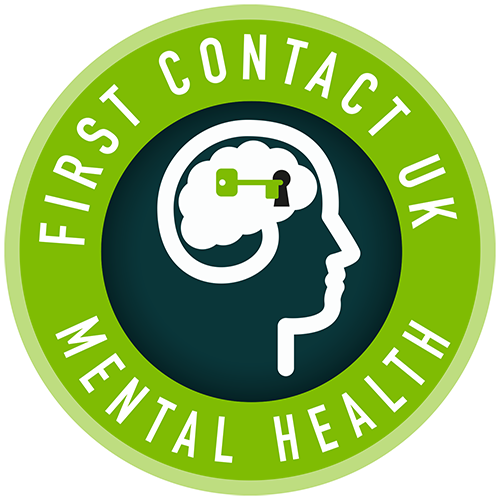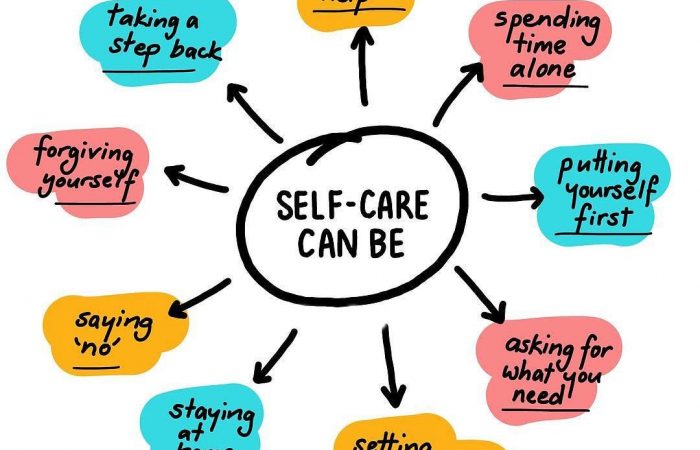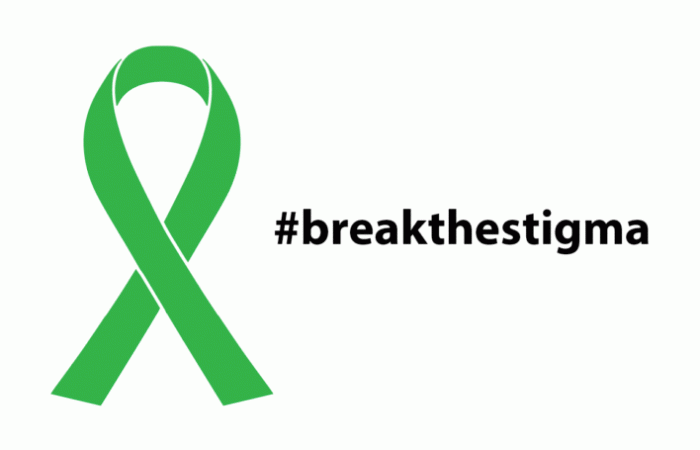At First Contact UK Mental Health, we’re often asked: “What’s the right way to support someone struggling with their mental health?”
While every situation is unique, there are simple, compassionate steps we can all take to be there for the people we care about.

1. Listen Without Judgement
Sometimes, the most powerful thing you can do is simply listen. Let them speak freely, without interruption or assumptions. Avoid rushing in with solutions or trying to “fix” things. Just being present and attentive can make a world of difference.
2. Don’t Minimise What They’re Feeling
Even if you don’t fully understand what they’re going through, try to validate their experience. Avoid saying things like “Just cheer up” or “It’s not that bad.” These kinds of responses can shut down the conversation and make them feel misunderstood.
3. Ask What They Need
It’s okay to say, “I want to support you—what would help right now?” They might not have an answer straight away, but knowing you care and are open to helping on their terms is incredibly reassuring.
4. Learn About Mental Health
The more you understand mental health conditions, the better you’ll be able to offer informed and compassionate support. Read reliable sources, ask questions, and be open to learning. This shows respect for their experience and helps to reduce stigma.
5. Encourage Professional Help (Gently)
If your loved one isn’t already speaking to a mental health professional, encourage them gently. You might say, “Have you thought about talking to someone?” or “Would it help if I helped you find some support?” Never force it—but let them know help is available and that you believe in its value.
6. Look After Yourself, Too
Supporting someone else can be emotionally draining. It’s important to set boundaries and care for your own mental health as well. You can’t pour from an empty cup—your well-being matters just as much.
Signs They May Need Immediate Help
If you notice any of the following signs, it’s important to act quickly and connect them with professional or emergency support:
- Talk of self-harm or suicide
- Withdrawal from daily life
- Extreme mood changes or confusion
- Substance misuse alongside mental distress
If you’re ever unsure, reach out for advice—First Contact UK Mental Health is here to guide you.
You’re Not Alone in Supporting Others
Being there for someone else isn’t always easy, but it can make a life-changing difference. Compassion, patience, and open communication are powerful tools. And remember—you don’t have to navigate this alone. Support is available for you too.
If you or someone you know needs help, reach out to First Contact UK Mental Health.
Together, we can face it.
You’re Not Alone in Supporting Others
Being there for someone else isn’t always easy, but it can make a life-changing difference. Compassion, patience, and open communication are powerful tools. And remember—you don’t have to navigate this alone. Support is available for you too.
If you or someone you know needs help, reach out to First Contact UK Mental Health. Together, we can face it.


